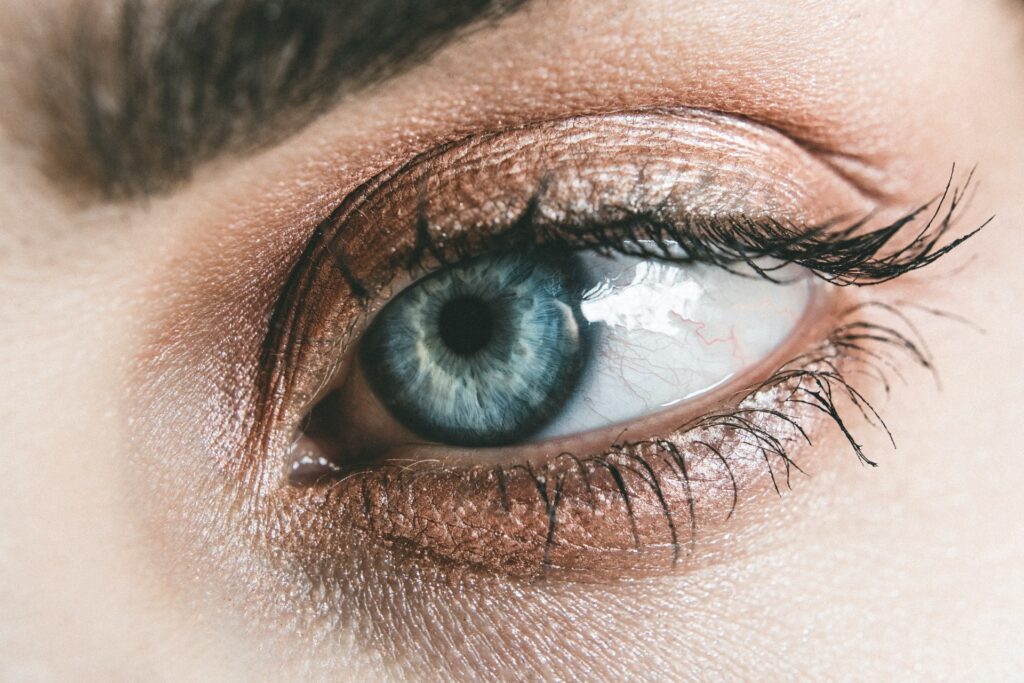It is vital to separate myths from truths as far as our eyes are concerned because this knowledge is the first step in keeping our eyesight strong for a lifetime. Among the many myths out there, which ones are the most common in conversations between people? In today’s article, we list the four most commonly mentioned myths about protecting and caring for our eyes:
“Carrots improve eyesight”
The truth: Carrots are rich in beta-carotene (carotene), a nutrient that is converted in the body to vitamin A which is vital for good eyesight. However, the body needs a relatively small amount of vitamin A for vision and can get it from many sources, such as dark green leafy vegetables, dairy and fish. In addition, vitamin A helps maintain good eyesight, but it does not improve or prevent refractive errors (e.g. myopia, astigmatism, etc.). Finally, the absorption of beta-carotene and vitamin A is better when the foods containing them are consumed with a bit of fat (e.g. carrots with olive oil).
“Anyone who wears the wrong glasses hurts their eyes”
The truth: Using old corrective glasses or glasses that have been created for other people can make the eyes tired and cause them pain or blurred vision, but it does not harm the eyes. That is why the symptoms, as mentioned earlier, disappear when the patient stops wearing the wrong glasses. An exception to this is a small number of children with vision problems (e.g. amblyopia), which become permanent if not treated in time and correctly.
“Computers hurt your eyes”
The truth: Continuous work in front of a screen does not harm the eyes, but it contributes to eye strain and dry eyes when it is uninterrupted. For this reason, it is necessary for those who work with computers to follow the “rule 20-20-20”: Every 20 minutes to take a break for 20 seconds, looking at objects that are 20 feet (6 meters) away. It is also necessary to blink as often as possible to keep their eyes well hydrated. If their eyes feel dry, it is advisable to use eye drops.
“An eye exam is not necessary if one does not have a vision problem”
The truth: This is a huge mistake because many eye diseases (e.g. glaucoma, macular degeneration, diabetic retinopathy, hypertensive retinopathy) are in their early stages “silent”,, i.e. they do not cause symptoms. Therefore, if regular eye examinations are not performed, these diseases will not be noticed until they severely affect vision. For this reason, for those who do not have chronic vision or health problems, preventive eye examinations are recommended every 5-10 years at the ages of 20 to 39 years, every 2-4 years at the ages of 40-54 years, every 1-3 years between the ages of 55-64 and every 1-2 years after the age of 65. However, people who wear glasses or contact lenses have a family history of eye disease or suffer from diagnosed health problems (e.g. diabetes) that endanger their health should be examined more often (usually once a year, especially after 40).
That is why an ophthalmological examination is necessary on a regular basis to your personal ophthalmologist. And suppose until now, you did not have a specific ophthalmologist who undertook your regular examination. In that case, you can turn to the trusted scientist Aris Konstantopoulos of Aris Vision Correction, who is always available to provide you with the necessary ophthalmological services you need.



